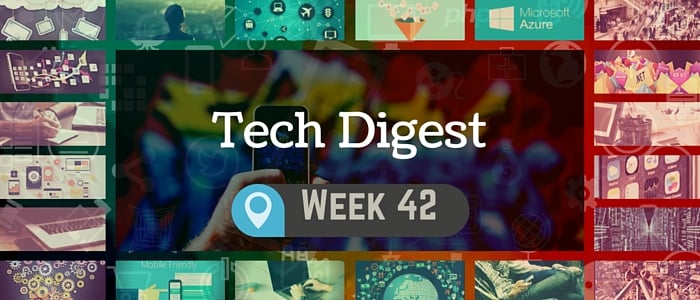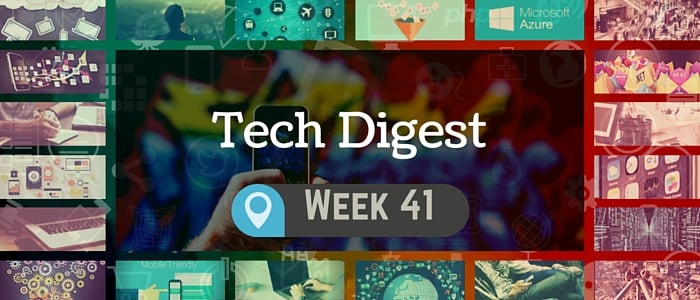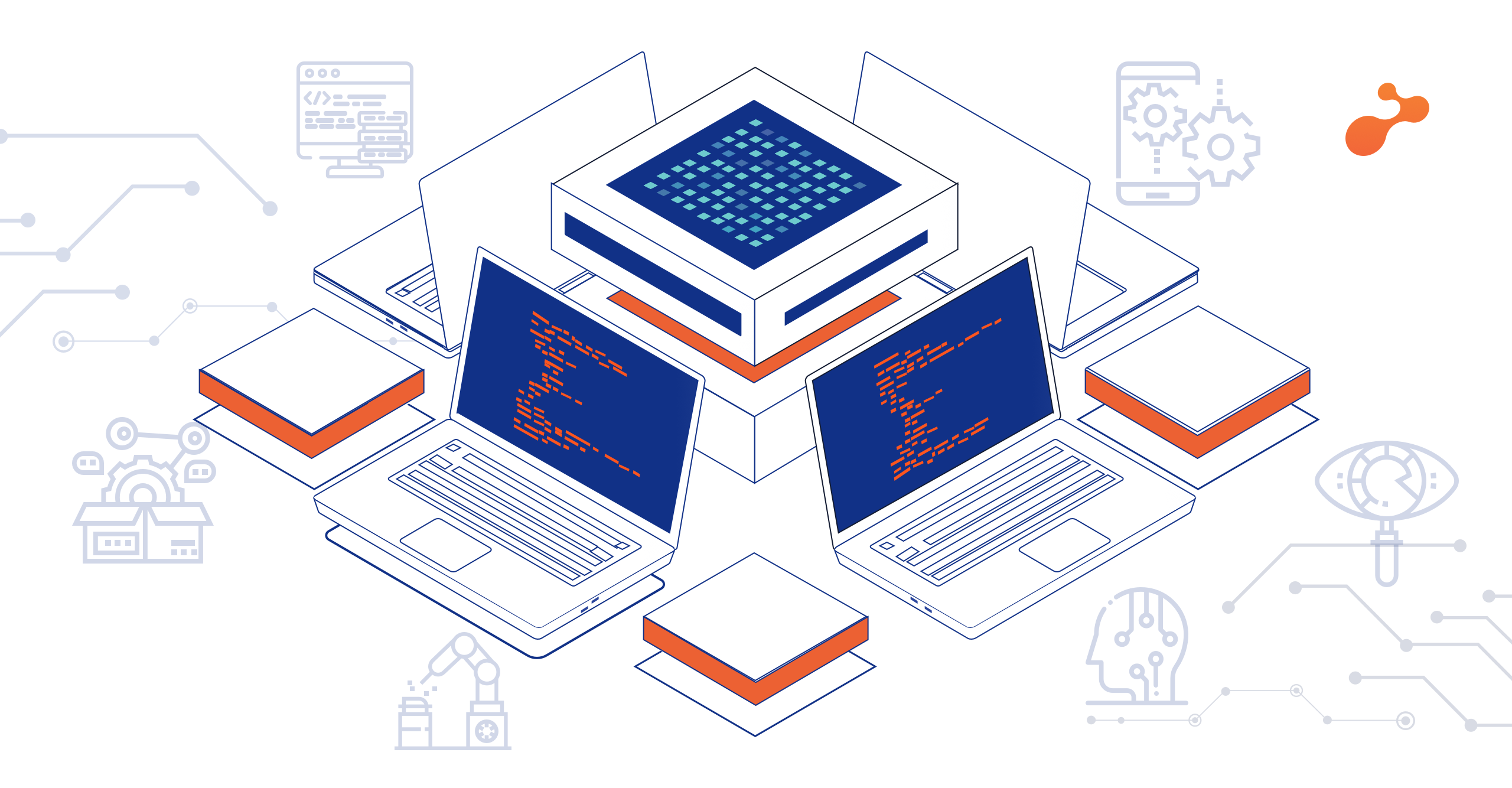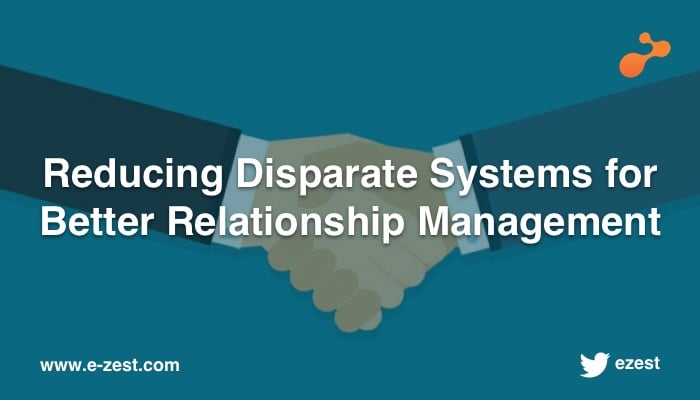Last time around we looked at offline avenues turning the tides in favor of charitable organizations. In this blog, I am back with the argument that the magic of offline will work for larger, commercial sectors as well. The energy sector, for instance, has tremendous learning and training needs. The sector employs thousands of skilled and unskilled workforce all around the globe. When we start widening our reach to be more inclusive of geographies and start breaking down our walls, the carrier erects a few walls of its own.

These are the walls that prevent our apps from performing at their best. The best of designs, the most robust of code, and the classiest of content is but marred with the little cursed loading gif. Then you engage your developers to run performance optimization scans on the code, scale down graphics and assets, and plant multiple warning pop-ups.
But even then, there are geographies that you will miss, people that you won’t reach and business opportunities that you will miss out on. Doesn’t sound good right?
Meeting the needs of your entire possible user-base, by breaking down the imposing walls of the carrier, is made possible by offline technologies. The energy sector has workers of different skills and cadres. The machine trouble-shooters and maintenance team can carry mobile devices to any remote location. Hotspot-guided navigation and interactive assets can help them break down a complicated machine into simpler parts and find and fix whatever is wrong inside it. If such a device is enabled to work offline, the person is free to travel anywhere and be the master of what we wants to view. Moreover, tracking features with offline technology can help track the activities of these employees and tie in analytics to their performance.
The engineers and managers need to complete mandatory trainings like audit trainings, usage of internal software systems, usage of CRM and billing systems, ticketing systems, among others. There is also additional training required for communication and soft-skills. These engineers and managers may be deployed at remote locations and sometimes, even at hazardous places.
At this juncture, let me digress a bit and solve a possible argument that may have come up in your mind. “I have used App X and App Y. They work offline. I am happy with those apps. What more is it, that you guys are doing?” The reason why I digressed is that, there do exist quite a few apps on soft-skills training and other aspects of corporate communication that work offline.
However, the investment of an energy firm, in learning and training, is not made in one burst. There are a bunch of courses bought off some SCORM provider, then there is an external trainer who floods the intranet with her training PDFs, and then again, there are how-to video tutorials on an enterprise video sharing platform. The point is, the entire training content repository may be fragmented spread across different technologies.
Making such a content repository offline is what the ‘offline avenues’ promise us with. Imagine, if the firm in the energy sector could do so, without any re-engineering or hiring an expensive team. The fact that there are products out there doing it, makes exploring these options worth your time.
The energy sector also needs to pull in data from remote sensors, devices, sometimes other information systems and push it to a central location. There are also presentation applications used to pitch to potential investors and prospects. Both stated ends of the spectrum can massively benefit from the advantages of offline technology. The one collecting the data from remote sources can upload it offline, and forget about it. The system can do the tedious job of pushing it to the servers when the elusive network rears its presence. The presentations to investors also become more efficient when the presenter can meet his audience everywhere. Embarrassing enquiries such as knowing the investors’ office WiFi credentials are eschewed altogether.
The blog talked about a few spaces that can be addressed using offline technology. There would surely be more aspects that can be considered, areas that can be covered and lives that can be touched.
I hope by reading this, you start looking for a good offline solution for your energy business. It will surely help!










